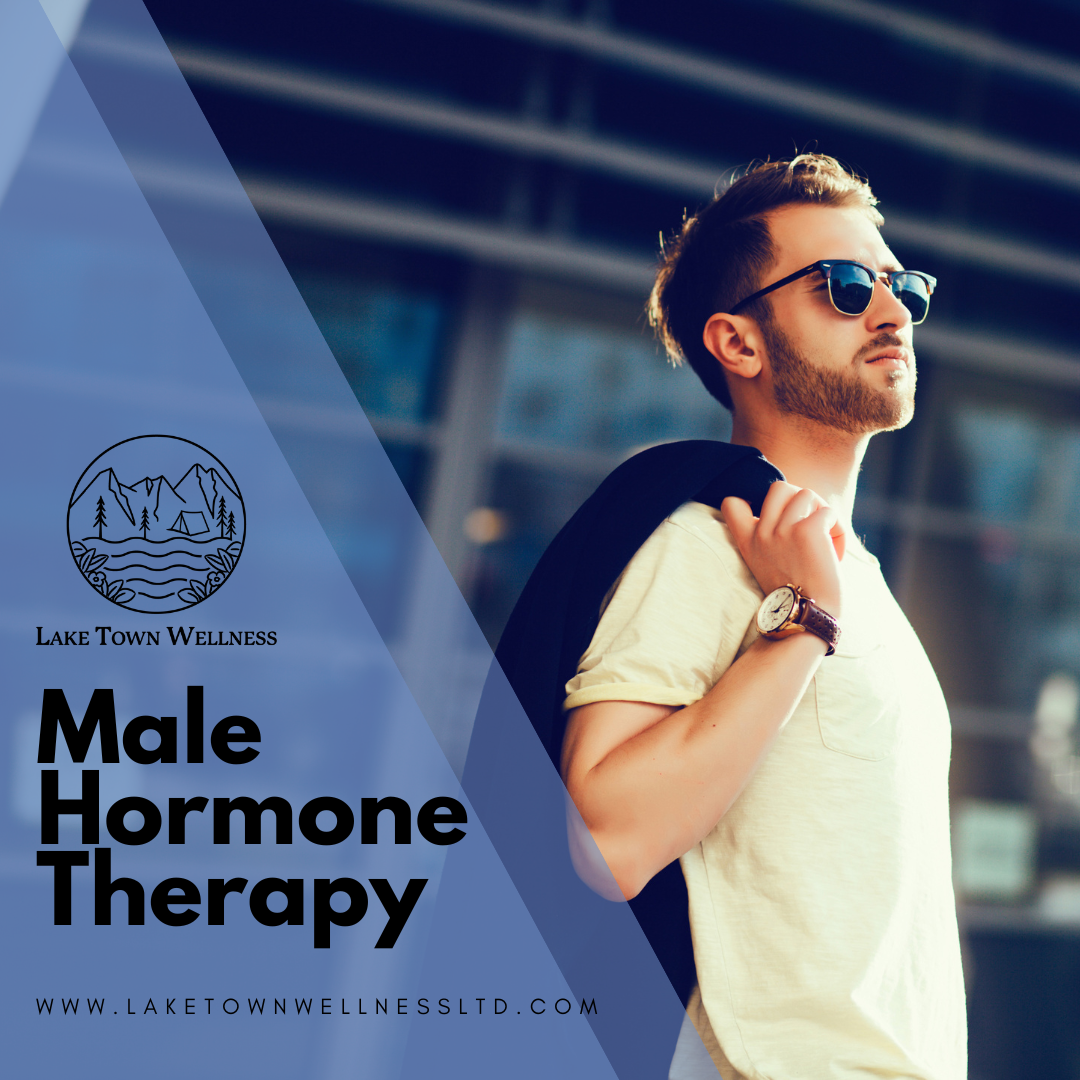Introduction
Testosterone, often dubbed as the “male hormone” plays a pivotal role in the overall well-being of both men and women. It’s not just responsible for the development of masculine traits, but also contributes to various physiological functions. However, imbalances in testosterone levels can have significant repercussions on health and quality of life. In this blog post, we’ll delve into the effects of low testosterone and explore strategies to combat its impact.
Understanding Low Testosterone
Testosterone is a hormone produced primarily in the testes in men and in smaller amounts in the ovaries in women. It’s crucial for a range of functions, including:
- Sexual Health: Testosterone fuels libido, erectile function, and sperm production in men.
- Muscle Mass and Bone Density: Testosterone contributes to the maintenance of muscle mass and bone density, essential for overall strength and mobility.
- Mood Regulation: Adequate testosterone levels can help maintain emotional well-being, prevent mood swings, and decrease the risk of depression.
- Metabolism: Testosterone affects metabolism and body fat distribution, influencing overall body composition.
Signs and Symptoms of Low Testosterone
Low testosterone, also known as hypogonadism, can manifest through various signs and symptoms, such as:
- Low Libido: A reduced interest in sexual activity can be a notable indicator of low testosterone levels.
- Fatigue and Low Energy: Individuals with low testosterone often experience chronic fatigue and decreased energy levels.
- Decreased Muscle Mass: Loss of muscle mass and strength, despite regular exercise, can be a result of low testosterone.
- Increased Body Fat: An increase in body fat, particularly around the abdomen, can be linked to hormonal imbalances.
- Mood Changes: Low testosterone may lead to irritability, mood swings, and even depression in some cases.
- Erectile Dysfunction: In men, difficulty achieving or maintaining erections can be related to inadequate testosterone levels.
Strategies to Address Low Testosterone
If you suspect you have low testosterone, consult a medical professional for proper diagnosis and treatment. Here are some strategies that may help address low testosterone levels:
Lifestyle Modifications:
- Diet: A balanced diet rich in nutrients like zinc, vitamin D, and omega-3 fatty acids can support healthy testosterone levels.
- Exercise: Engaging in regular physical activity, including resistance training, can boost testosterone production.
Stress Management:
- Stress Reduction: Chronic stress can contribute to hormonal imbalances. Practices like mindfulness, yoga, and meditation can help manage stress.
Adequate Sleep:
- Sleep Hygiene: Prioritize getting 7-9 hours of quality sleep each night to support hormonal balance.
Medical Interventions:
- Hormone Replacement Therapy (HRT): In cases of severe testosterone deficiency, HRT can be prescribed under medical supervision.
- Medications: Some medications can stimulate testosterone production, but their use should be guided by a healthcare professional.
Healthy Habits:
- Limit Alcohol: Excessive alcohol consumption can negatively impact testosterone levels.
- Avoid Smoking: Smoking can contribute to hormonal imbalances and exacerbate the effects of low testosterone.
Conclusion
Low testosterone is a condition that can significantly impact both physical and emotional well-being. Recognizing the signs and symptoms and seeking appropriate medical guidance is crucial. By adopting healthy lifestyle habits, managing stress, and considering medical interventions when necessary, individuals with low testosterone can take proactive steps towards reclaiming their vitality and enhancing their overall quality of life. Remember, your health is an invaluable asset, and addressing hormonal imbalances is a crucial aspect of maintaining a thriving life. We can help you at Lake Town Wellness!
CLICK HERE to book a consult with Stephanie Thompson, DNP, APRN, FNP-BC.

